
How Much Are You Really Spending to Charge Your Electric Bike?
Electric bikes are revolutionizing how we think about transportation. They're eco-friendly, convenient, and a great way to reduce your carbon footprint. However, while many riders enjoy the freedom and ease that electric bikes offer, one question remains: how much does it actually cost to charge your electric bike?
In this article, we'll break down the costs associated with charging your electric bike. We'll consider factors such as battery capacity, electricity rates, and charging frequency, so you can get a clearer picture of what you're spending.
Understanding Battery Capacity
Before we dive into costs, it's essential to understand your electric bike's battery capacity. Battery capacity, measured in watt-hours (Wh), determines how much energy your battery can store. The higher the capacity, the longer your bike can go on a single charge.
Most electric bike batteries range from 300Wh to 700Wh. To calculate the cost of a full charge, you'll need to know your battery's capacity and your local electricity rates.
Electricity Rates and Their Impact
Electricity rates vary based on your location and provider. In the United States, the average cost is about 13 cents per kilowatt-hour (kWh). However, rates can fluctuate based on time-of-use rates, which charge more during peak hours.
For instance, charging your bike during off-peak hours might cost you less. It's worth checking with your electricity provider to see if you can take advantage of these lower rates.

Calculating the Cost per Charge
Cost per full charge = (Battery capacity in kWh) × (Electricity rate per kWh)
So, it costs about 6.5 cents per full charge, which is a small price to pay for the convenience and environmental benefits of riding an electric battery bike.
Average Charging Cost by State in the U.S.
In the U.S., electricity rates vary widely by state. For example, charging an electric bike in California could cost up to $0.20 per kWh, while states like Idaho or Washington might only charge $0.10 per kWh. That means a full charge could range from $0.05 to $0.14 depending on where you live. Always check your provider's rates to get a more accurate estimate of your monthly ebike electricity cost.
How to Use an Electric Bike Charging Cost Calculator
If you want a quick way to estimate your electric bike charging cost, try using an online electric bike charging cost calculator. These tools allow you to input your battery size (in watt-hours or kWh), electricity rate, and usage frequency to calculate your daily, monthly, or yearly costs. This is especially helpful for budgeting or comparing different battery sizes before buying an e-bike.
The Role of Charging Frequency
How often you charge your electric bike can significantly impact your overall costs. The charging frequency depends on how often you ride and the distance you cover.
If you use your electric bike for daily commuting, you might find yourself charging it every day. On the other hand, if you only ride occasionally, charging might be less frequent.
Consider tracking your charging habits for a week to get a better idea of your monthly costs. Simply multiply the cost per charge by the number of charges per month.
Time-of-Use Rates: Saving Money
Time-of-use rates can be a game-changer when it comes to saving money on electric bike charging. Many electricity providers offer lower rates during off-peak hours, typically late at night or early in the morning.
By scheduling your charges during these times, you can reduce costs significantly. For example, if off-peak rates are 10 cents per kWh, using the previous calculation, the cost per full charge would be:
This means you could be spending as little as 5 cents per full charge if you plan wisely.
Tips to Minimize Electric Bike Charging Costs
Optimize Your Charging Habits
-
Charge During Off-Peak Hours: Take advantage of time-of-use rates by charging your e-bike during off-peak hours. This can lead to substantial savings over time, especially if your electricity provider offers significant rate reductions during these periods. Planning your charging schedule around these times can cumulatively reduce your annual electricity bill.
-
Monitor Battery Usage: Regularly check your battery's charge level and avoid overcharging, as it can degrade the battery and lead to higher costs in the long run. Modern e-bikes often come with smart features that allow for precise monitoring of battery health, enabling you to make timely decisions that prolong battery life.
-
Use Energy-Efficient Chargers: Invest in a high-quality, energy-efficient charger to minimize energy wastage and save on electricity costs. These chargers are designed to optimize charging cycles and reduce unnecessary power consumption, ensuring that you get the most out of each charge without incurring extra costs.
Maintain Your E-Bike
Proper maintenance of your electric bike can help extend its battery life and reduce overall charging expenses. Here are a few maintenance tips:
-
Keep Tires Inflated: Properly inflated tires reduce rolling resistance, allowing your e-bike to travel further on a single charge. This simple practice not only saves energy but also enhances safety and ride comfort, ensuring a smoother journey.
-
Regularly Service Your Bike: Schedule routine maintenance checks to ensure all components are in good working order, redfucing energy waste. Regular servicing can prevent minor issues from escalating into costly repairs, and a well-tuned bike operates more efficiently.
-
Store Battery Properly: When not in use, store your battery in a cool, dry place to maintain its longevity and efficiency. Extreme temperatures and humidity can degrade battery performance, so proper storage is essential for preserving its lifespan and functionality.
Charging Stations: A Convenient Option
Charging stations are popping up in many urban areas, offering a convenient option for electric bike riders. While prices at these stations might be slightly higher than home charging, they provide flexibility, especially on longer rides.
Charging station prices can vary, but they generally range from 5 to 20 cents per full charge. It's crucial to factor in these costs if you frequently rely on public charging stations.
Managing Your Charging Costs
Charging an electric bike is an affordable way to enjoy eco-friendly transportation. By understanding battery capacity, electricity rates, and charging frequency, you can manage your costs effectively.
Consider using time-of-use rates to your advantage and explore charging stations for added convenience. With these insights, you'll have a clearer picture of how much you're really spending to charge your electric bike and can make more informed decisions about your riding habits.
FAQ
1. How much electricity does an e-bike use per charge?
Answer: A typical electric bike with a 500Wh battery uses about 0.5 kWh per full charge. This amount is similar to running a 100W light bulb for five hours.
2. What is the average monthly cost to charge an electric bike?
Answer: If you charge your e-bike daily, your monthly charging cost ranges between $1.50 and $4.00, depending on local electricity rates and battery size.
3. Does charging an e-bike at night save money?
Answer: Yes, many electricity providers offer lower rates during off-peak hours like late at night. Charging your e-bike at night can reduce your costs by 20–30%.
4. How can I estimate my e-bike's charging cost?
Answer: Use this formula: (Battery capacity in kWh) × (Electricity rate per kWh). For example, a 500Wh battery charged at $0.13/kWh = $0.065 per charge.
5. Are fast chargers more expensive for electric bikes?
Answer: Not necessarily. Fast chargers may use more power at once, but they don’t usually change your total cost. However, avoiding overcharging is important to preserve battery life.








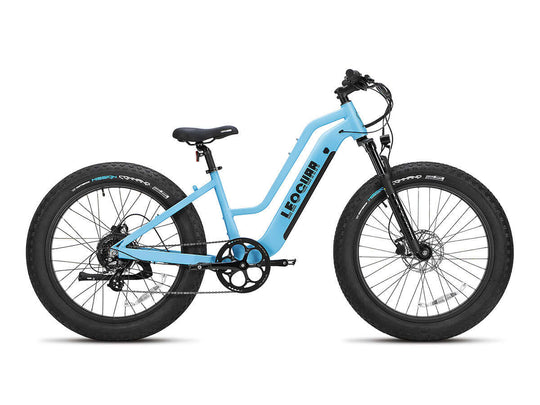





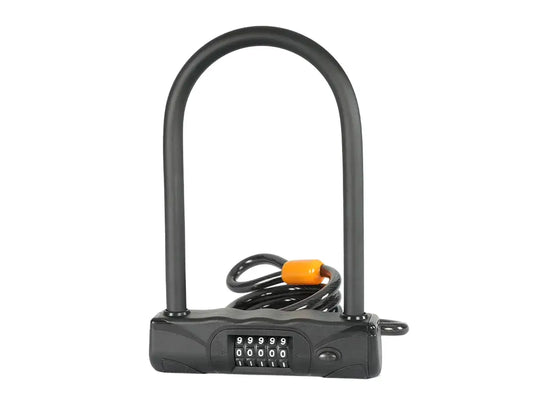

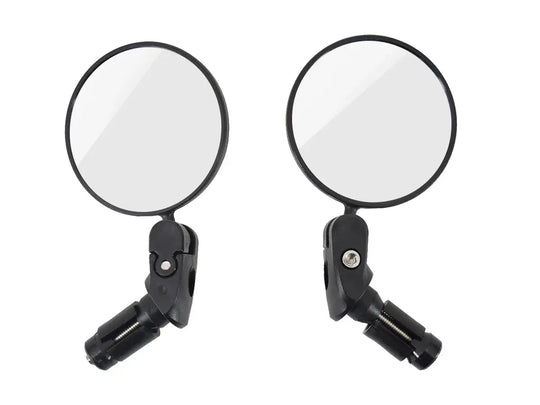




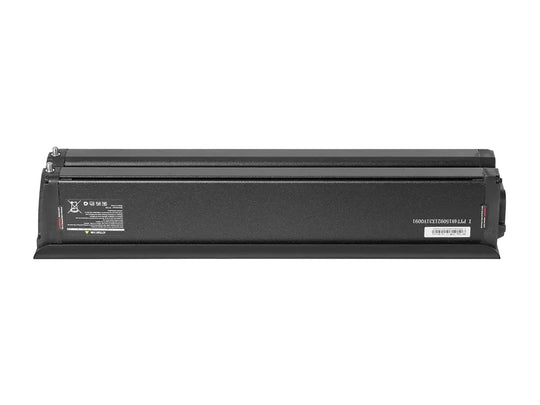





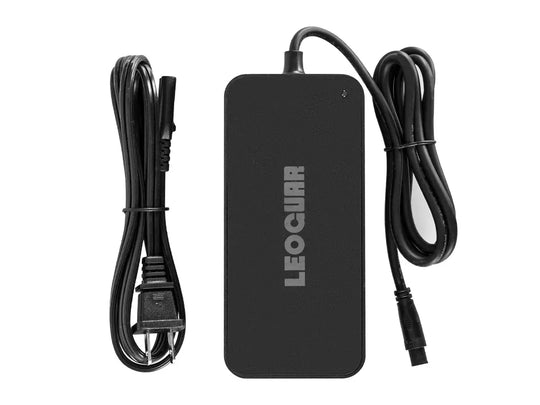
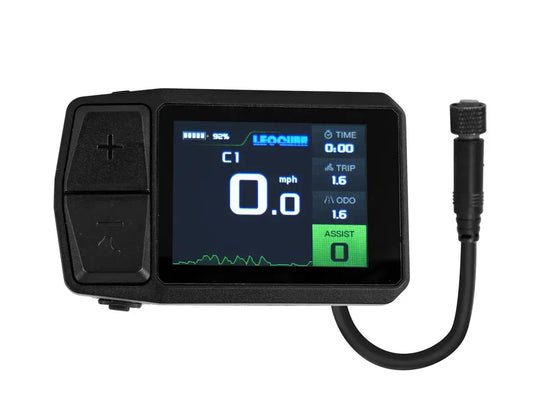


















Leave a comment